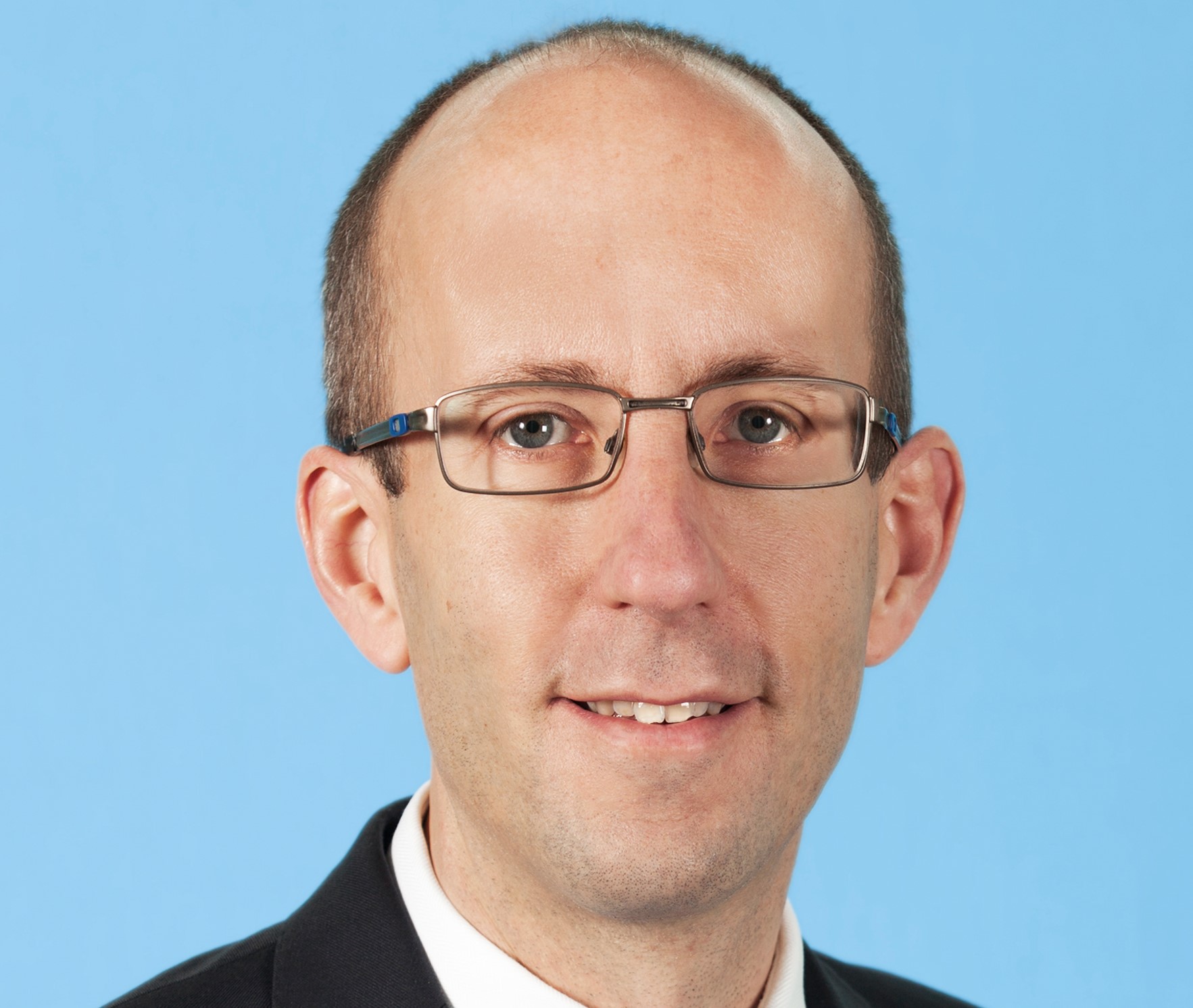Dan Brocklebank, UK director at Orbis Investments, has said the current asset management fee model of charging a flat fee has been a key driver of flows into passive products since the Global Financial Crisis.
Speaking at the CFA Institute Conference, Brocklebank (pictured) said the current fee model has caused unintended consequences for the active management industry as businesses are not aligned with their clients.
The UK director added this suits passive providers who can offer investors the market average for very little, sometimes even free of cost.
Last August, Fidelity Investments unveiled the world’s first zero cost products, two index funds, FZROX and FZILZ, while this year Salt Financial have launched an ETF that even pays investors 0.05% to own it.
The rise of the $5trn passive industry, Brocklebank noted, has caused a greater focus on value for money with the Financial Conduct Authority (FCA) shining a spotlight on this in its 2016 Asset Management Market Study.
In the current fee structure, revenues are generated from the fee multiplied by the assets under management (AUM). Because of the huge pressure fees thanks to the rise of cheap passives, businesses only option is to increase their funds’ AUM in order to produce revenue.
However, as Brocklebank notes, larger funds tend to struggle to outperform as they are less nimble than smaller funds.
“[A large fund] can be the enemy of performance,” he explained. “Active managers are incentivised to get large and diversified however, they are not rewarded for the outcomes clients are seeking. This fee structure is the best for the manager and worst for the investor.
“There is a conflict of interest between the owners and the clients and if we are serious about improving the industry, this issue needs to be addressed.”
In order to tackle this issue, active managers have responded by lowering fees however, Brocklebank argued the industry needs to entirely restructure model with asset managers sharing the fee risk with their clients.
‘We only win if you win’ should be the standard across the industry, Brocklebank said. “This involves a meaningful shift from where we are today.”
One solution, he said, would be to tie fees to performance. This could involve lowering the flat fee to around the same level as passives with the manager forced to pay the client back if they underperform while sharing the winnings if they outperform.
“There is no silver bullet however, the passive trend will continue to build and active managers to need to confront this and embrace it.”


